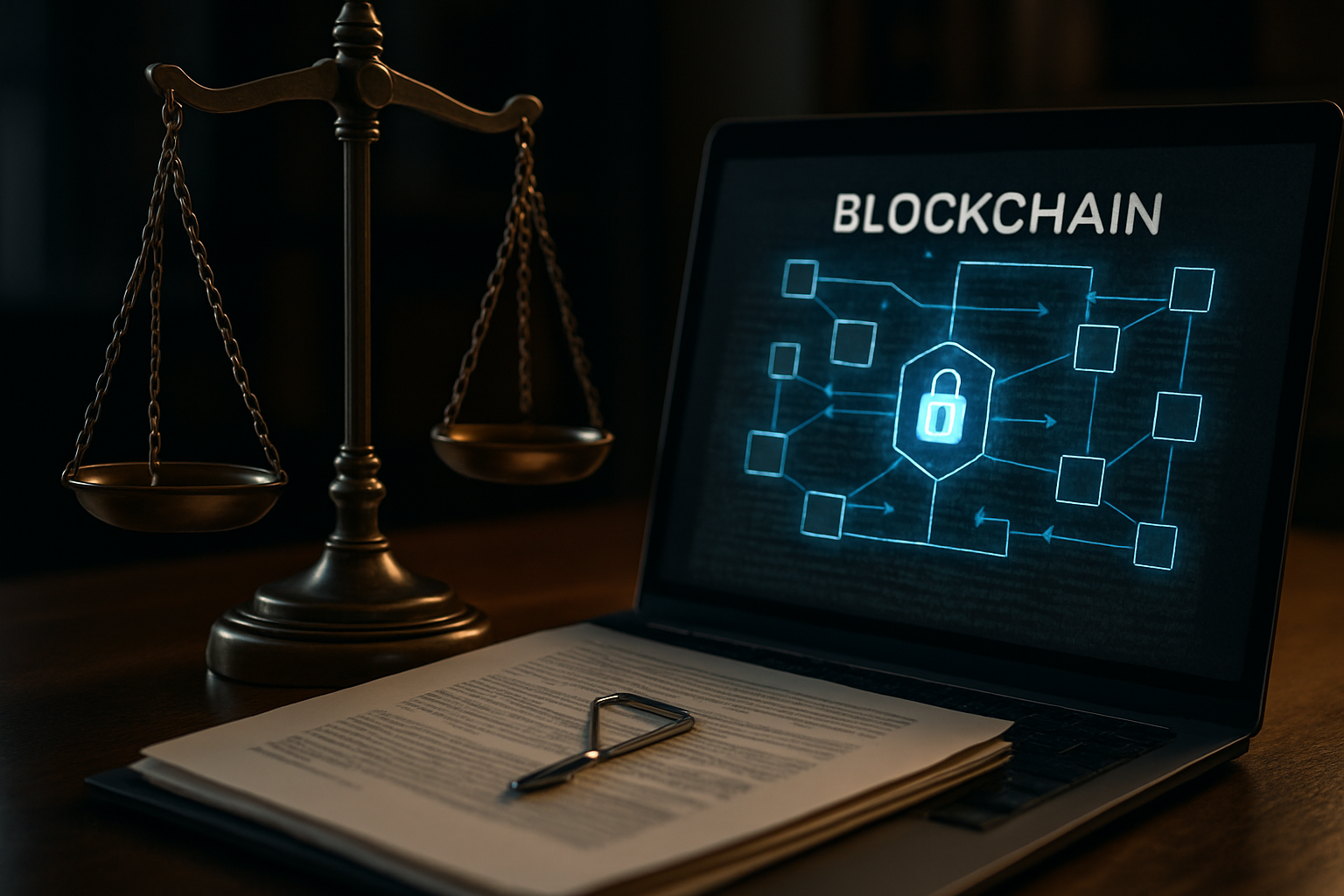The Evolving Landscape of Algorithmic Law
Introduction: In an era dominated by artificial intelligence and complex algorithms, the legal system faces unprecedented challenges. As algorithms increasingly influence decision-making processes across various sectors, from finance to criminal justice, the need for a robust legal framework to govern their use has become paramount. This article delves into the emerging field of algorithmic law, exploring its implications, current developments, and future trajectories.

Legal Challenges in the Age of Algorithms
The integration of algorithms into decision-making processes presents unique legal challenges. Traditional legal frameworks, designed for human decision-makers, often struggle to address the complexities of algorithmic systems. Issues such as algorithmic bias, lack of explainability, and the potential for unintended consequences have sparked debates among legal scholars and policymakers.
Emerging Legal Frameworks
In response to these challenges, new legal frameworks are beginning to emerge. The European Union’s General Data Protection Regulation (GDPR) includes provisions specifically addressing automated decision-making. Similarly, the proposed Algorithmic Accountability Act in the United States aims to require companies to assess and address the impacts of their algorithmic systems.
The Role of Courts in Algorithmic Disputes
As algorithmic decision-making becomes more prevalent, courts are increasingly called upon to adjudicate disputes involving these systems. Recent cases have grappled with issues such as the use of risk assessment algorithms in sentencing and the role of facial recognition technology in law enforcement. These cases are shaping the legal landscape and setting important precedents for future litigation.
Ethical Considerations and Legal Implications
The intersection of ethics and law is particularly pronounced in the realm of algorithmic decision-making. Legal scholars and ethicists are grappling with questions of fairness, transparency, and accountability. The concept of algorithmic due process is gaining traction, emphasizing the need for individuals to understand and challenge decisions made by automated systems.
The Future of Algorithmic Law
As technology continues to evolve, so too must the legal frameworks governing its use. The field of algorithmic law is likely to expand, potentially leading to the development of specialized courts and legal expertise. Additionally, there is growing interest in the concept of computational law, which explores how legal rules and principles can be encoded into software to ensure compliance and fairness in algorithmic systems.
International Cooperation and Harmonization
Given the global nature of technology and data flows, international cooperation in developing legal standards for algorithmic governance is crucial. Efforts are underway to harmonize approaches across jurisdictions, with organizations like the OECD providing guidelines for the responsible development and use of AI and algorithmic systems.
Challenges in Enforcement and Compliance
Enforcing algorithmic law presents unique challenges. The complexity and opacity of many algorithmic systems make it difficult to detect violations and ensure compliance. Regulators and legal professionals are exploring new tools and methodologies, including algorithmic audits and impact assessments, to address these challenges.
Education and Capacity Building
As algorithmic law evolves, there is a growing need for education and capacity building within the legal profession. Law schools are beginning to offer courses on algorithmic governance and AI ethics, while continuing education programs are helping practicing lawyers stay abreast of developments in this rapidly changing field.
Conclusion
The emergence of algorithmic law represents a significant shift in the legal landscape. As algorithms continue to play an increasingly important role in decision-making processes, the legal system must adapt to ensure justice, fairness, and accountability in the digital age. The ongoing development of legal frameworks, coupled with ethical considerations and international cooperation, will be crucial in shaping the future of algorithmic governance and preserving the rule of law in an algorithmically driven world.




